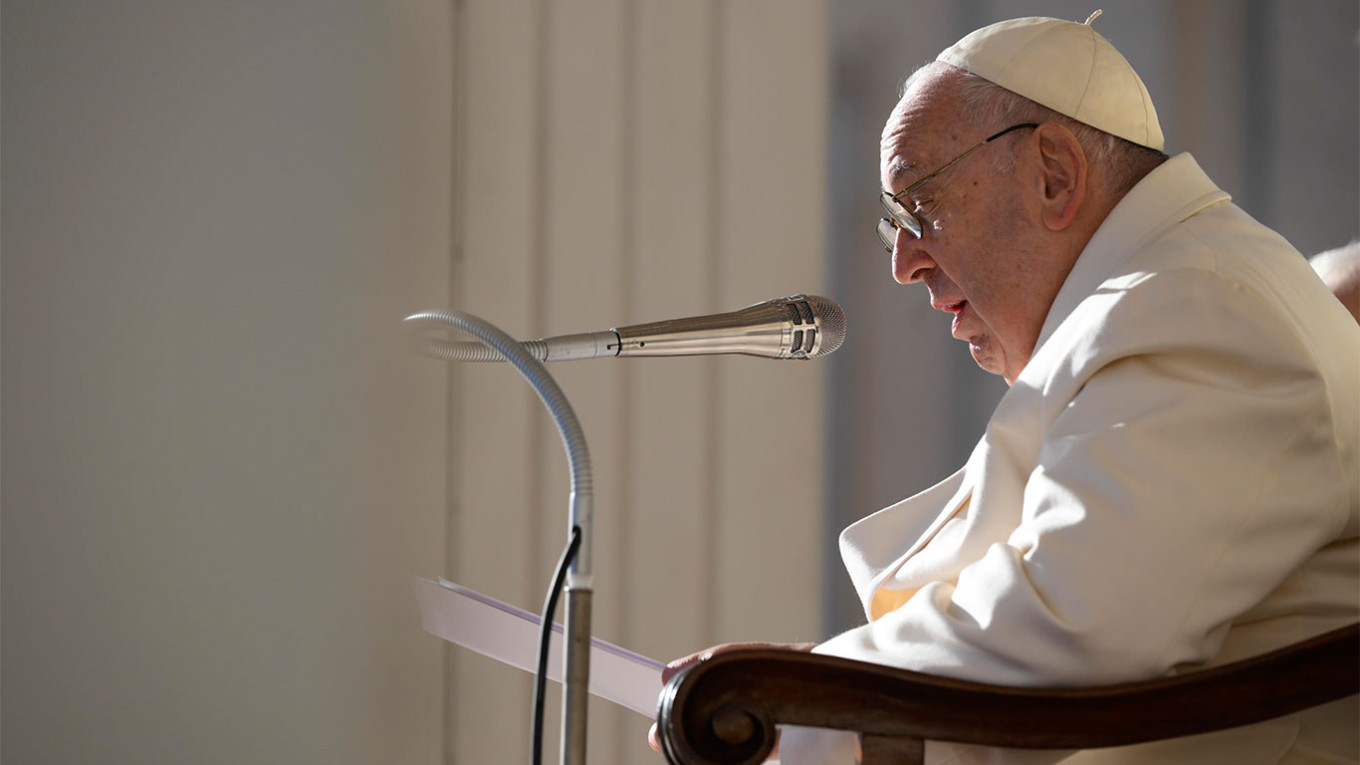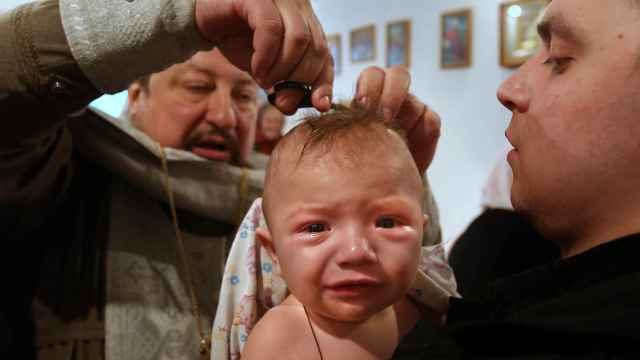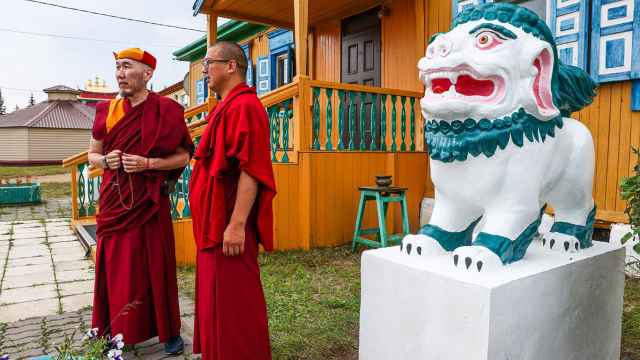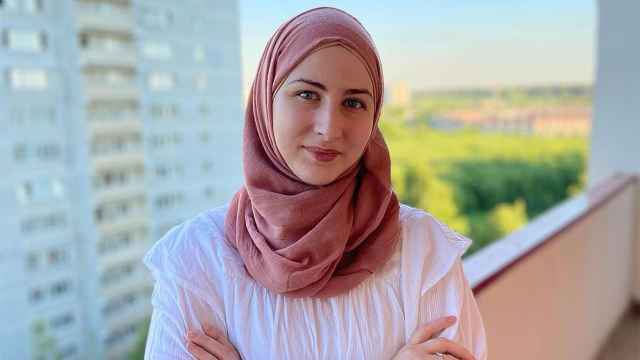Russian political and religious figures have spoken out against Pope Francis’ characterization of ethnic minorities as the “cruelest” soldiers in Ukraine, seizing on the chance to slam the West for its past conflicts and reiterate support for Moscow’s invasion of Ukraine.
In an interview with the Catholic magazine America published Monday, the Pope appeared to suggest that non-Christian members of the Russian Armed Forces showed more cruelty than soldiers “of the Russian tradition.”
“Generally, the cruelest are perhaps those who are of Russia but are not of the Russian tradition, such as the Chechens, the Buryats and so on,” Pope Francis said. “Certainly, the one who invades is the Russian state. This is very clear.”
Russia’s ethnic republics, including historically Buddhist Buryatia and Muslim-majority Chechnya, are among the country’s most impoverished regions. They have suffered some of the highest confirmed casualties among Russia’s forces in Ukraine.
Russian Foreign Ministry spokeswoman Maria Zakharova was among the first to react to the Pope’s words, saying: “This is no longer Russophobia, this is a perversion of a level I’m not aware of.”
“Not long ago the West thought it was the other way around, and that the Slavs were torturing the Chechens, but now this position has changed,” she said in a social media post, referring to the wars Russia fought in Chechnya in the 1990s and early 2000s.
“We’re one family with the Buryats, Chechens and others from our multi-ethnic and multi-confessional country,” Zakharova wrote.
Buryatia Governor Alexei Tsydenov claimed that Buryat soldiers “exemplify the best traditions of the Russian army.”
“To protect and defend civilians, and to treat prisoners of war with humanity and mercy, is exactly how the Russian army fights,” Tsydenov claimed.
The regional leader pointed to the NATO bombings of Libya and Yugoslavia, in addition to the Crusades and the European colonization of America, as examples of “destruction without the participation of Buryats, Chechens and other peoples of Greater Russia.”
“If our soldiers are noticed, it means they’re doing a good job.”
Alexandra Garmazhapova, who heads the anti-war Free Buryatia Foundation, criticized Pope Francis’ “flippant” comments, saying that Ukrainian prosecutors had themselves identified ethnic Russian troops as suspects in the atrocities committed in the Kyiv suburb of Bucha this spring.
“He really tries to sidestep [Russian President Vladimir] Putin in the interview, but for some reason explicitly names Chechens and Buryats,” Garmazhapova told the independent broadcaster Dozhd.
Lama Damba Ayusheev, the head of the Buddhist community in Russia, defended ethnic Buryats’ resilience in the face of difficult conditions.
“I think the European Latins don’t understand that life in cold Siberia and the Far East makes people more resilient, patient and hardy to various hardships,” he wrote.
“That’s why our people aren’t cruel, they just have to defend their homeland from fascism repeatedly and with dignity, like our grandfathers and great-grandfathers.”
The Kremlin meanwhile said Monday it welcomed Pope Francis’ offer to mediate peace talks but again blamed Kyiv for making negotiations impossible.
A Message from The Moscow Times:
Dear readers,
We are facing unprecedented challenges. Russia's Prosecutor General's Office has designated The Moscow Times as an "undesirable" organization, criminalizing our work and putting our staff at risk of prosecution. This follows our earlier unjust labeling as a "foreign agent."
These actions are direct attempts to silence independent journalism in Russia. The authorities claim our work "discredits the decisions of the Russian leadership." We see things differently: we strive to provide accurate, unbiased reporting on Russia.
We, the journalists of The Moscow Times, refuse to be silenced. But to continue our work, we need your help.
Your support, no matter how small, makes a world of difference. If you can, please support us monthly starting from just $2. It's quick to set up, and every contribution makes a significant impact.
By supporting The Moscow Times, you're defending open, independent journalism in the face of repression. Thank you for standing with us.
Remind me later.






